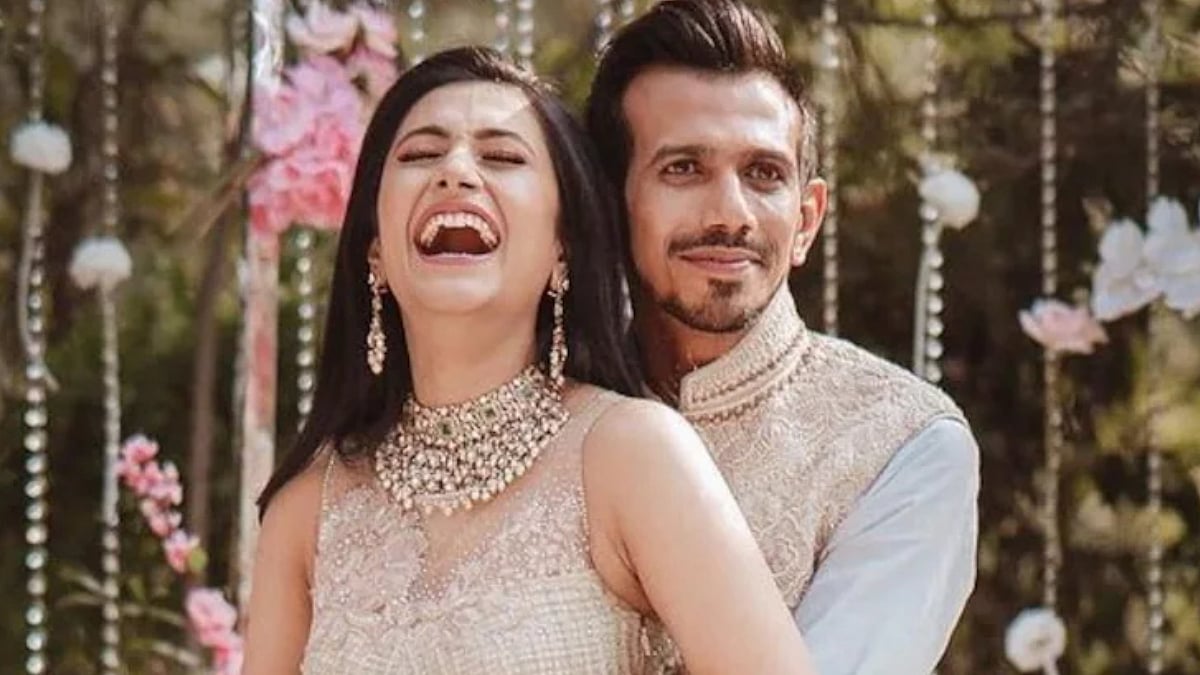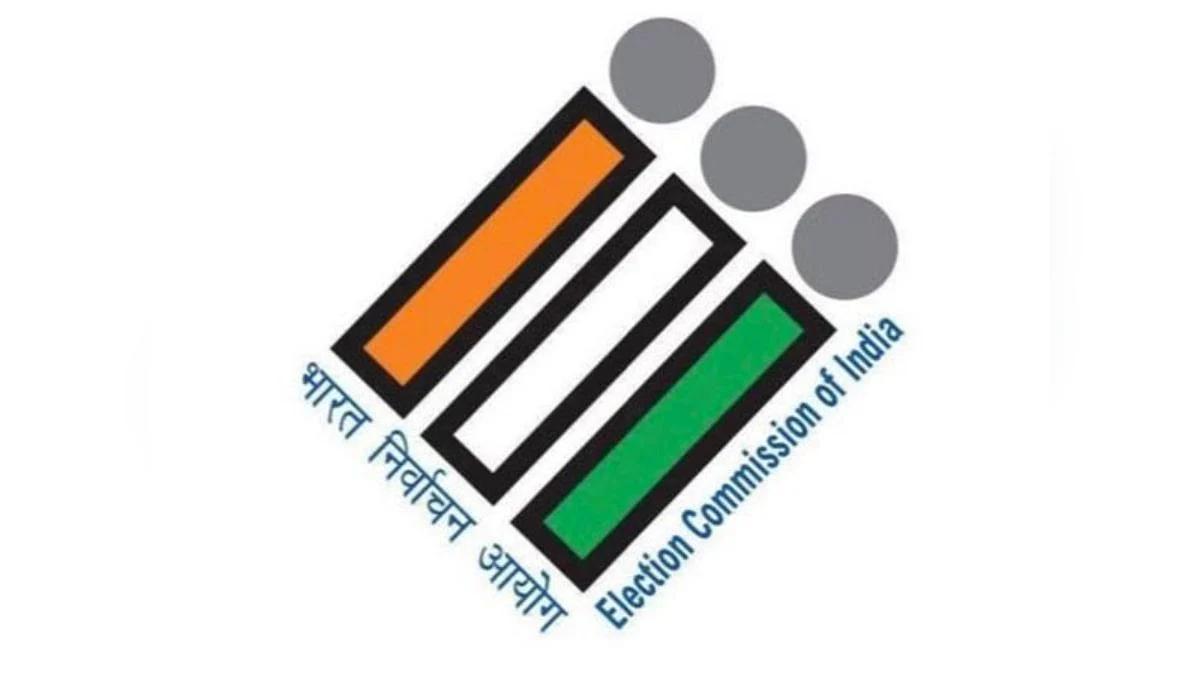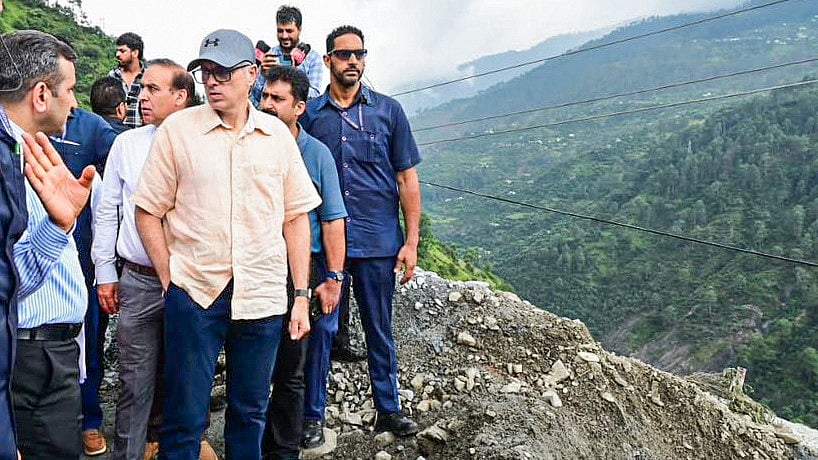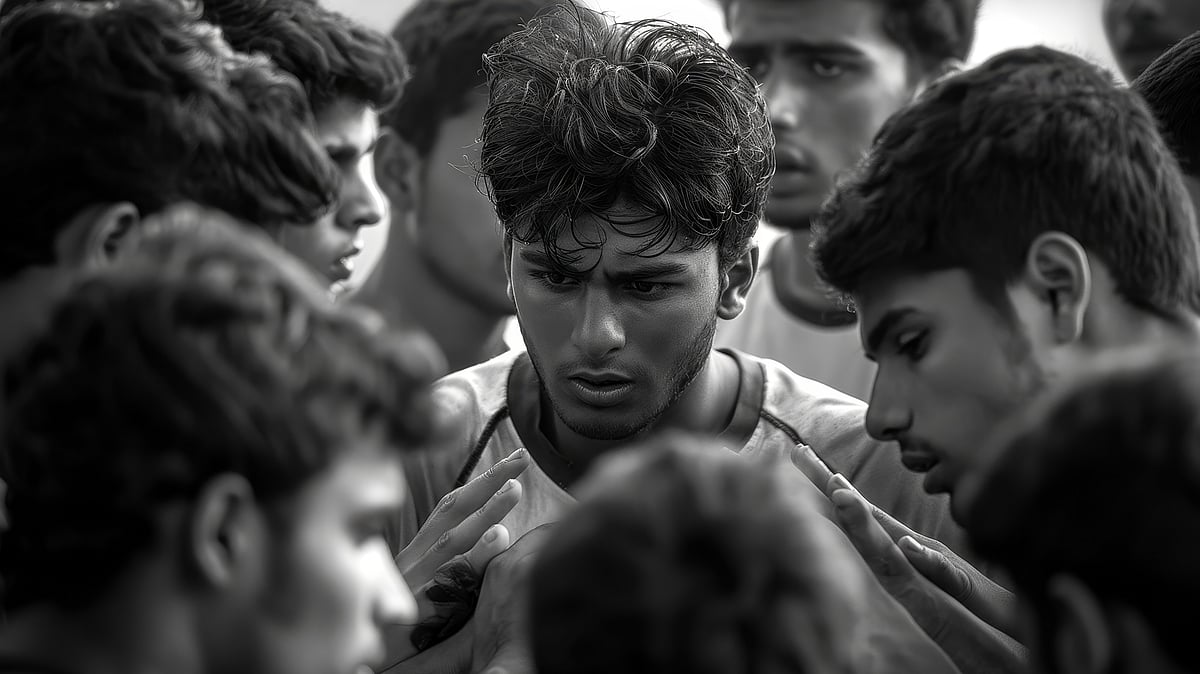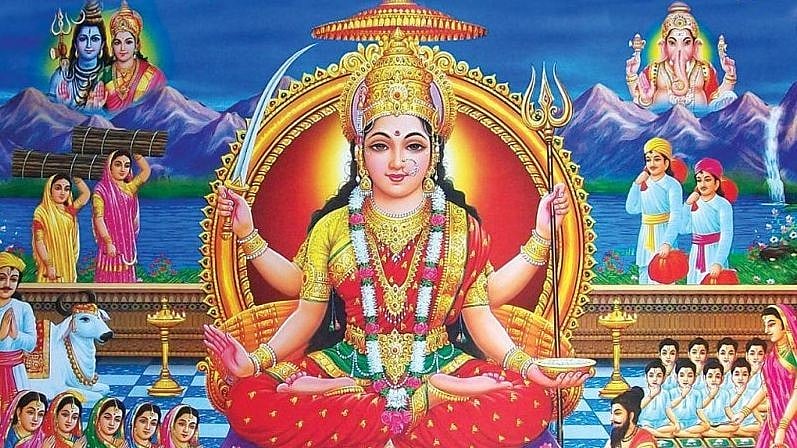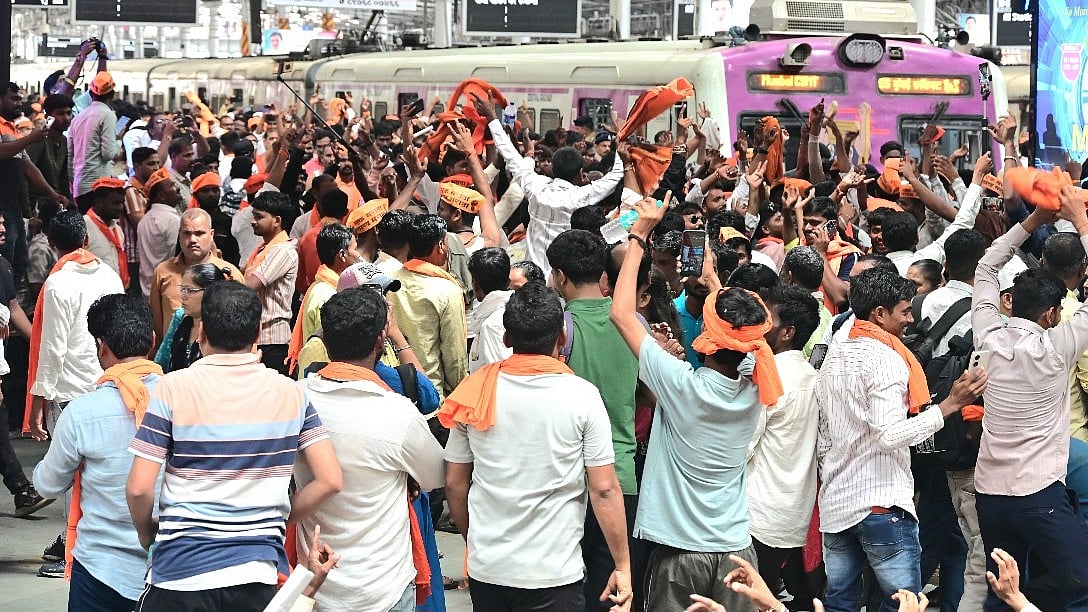By abandoning the Indian National Congress when he did, 49-year-old Jyotiraditya Scindia has reminded 910 million Indian voters of the rot at the heart of what we so proudly call the world’s largest democracy. The complaint that he cannot “serve the people of (his) state and country… any more” through the Congress and that the “aspirations of (his) workers” demand he moves on amounts to a devastating attack on the party of independence. If, as is widely expected at the time of writing, he joins the Bharatiya Janata Party, it will only confirm that far from being a vocation, politics is only another career for an ambitious person.
As for the BJP, it’s catch-as-catch-can. The allegiance to Hindutva – its only distinctive feature – is a failproof draw for millions of Indians who have nothing but the faith of their fathers. In capitalising on that, the BJP cannot be expected to abide by principle or the rules of the game. It’s winner takes all, by hook or by crook. The leaders of Rajasthan and Punjab had now better look out for we are entering a phase of political competition where even the pretence of propriety is no longer thought necessary.
Whatever the eventual outcome of the Harvard and Stanford educated Mr Scindia’s decision, it projects him as another soldier of fortune – admittedly better endowed and more presentable than most others – among the thousands of aya rams and gaya rams thronging the political scene. His father who would have been prime minister if he had lived, according to Kunwar Natwar Singh, the former external affairs minister, was a gentleman amateur in the political field; for all his royal lineage and reliance on the feudal loyalty of the Gwalior-Chambal group of politicians, Mr Scindia Junior has shown himself a true professional. He has no time for the losing side.
The national lessons are of course much more to the point. Whether or not Kamal Nath’s government survives is of less consequence than Mr Nath’s inability to keep an influential member of his party on his side. That failure of leadership extends all the way up to the top whether to Rahul Gandhi or his Italian-born mother, Sonia, it isn’t immediately clear. But the party’s interim president must be complimented on having so thoroughly acclimatised herself to her country of adoption as to be able to manipulate its levers of power in the manner born. Indians and Italians can’t be very different. That might explain why other bright young Congress aspirants are reportedly disgruntled. Their number is said to include Rajasthan’s Sachin Pilot, Milind Deora in Maharashtra and Jitin Prasada in Uttar Pradesh.
Rightly or wrongly, the belief has grown in the Congress ranks that the iron-fisted Mrs Gandhi who seemed so reluctant at one time to pick up the political reins does not look with favour on the rise of any young politician who might outshine her son. That is also said to be the reason why she kept her daughter, Priyanka Gandhi Vadra, whom everybody believes to be the brighter of Rajiv Gandhi’s two offspring and in many ways resembling Indira Gandhi, out of the limelight. But it isn’t all personal. If Rajiv was a charming innocent who had been catapulted into a job he didn’t want and didn’t understand either, his wife and son seem to have even less idea of what it takes to shape and hold a party entrusted with governing a land of India’s diversity and inequalities.
They didn’t realise, for instance, that for all its commitment to secularism, the Congress has never really had a binding ideology. It has always been all things to all men held together by a strong leadership with an understanding of present needs and control of the loyalty of a vast membership. It’s leadership that has been lacking since Indira Gandhi’s assassination although the momentum of the past and the absence of serious rivals enabled her son to carry on as before for a while. The reference in Mr Scindia’s letter to Sonia being well aware of the crisis “drawing itself out over the last year” suggests differences and disputes about which the so-called high command – neither high nor in a position to command – did nothing.
This would not have happened in the past, not because Congress was firmly embedded in a particular ideology but because Congressmen were under a firm hand. Time was when Jawaharlal Nehru’s Congress included Hindu Mahasabha members at one extreme and Congress Socialists at the other. But as the party of independence, it was a national movement that could logically claim to embrace everyone. Indira Gandhi was more specific on this point. She was denounced as a dictator when she said India didn’t need an opposition because the Congress, which contained every shade of opinion, also produced the opposition. Yet, it was an astute observation that revealed her understanding of the nature of Congress’s composition and politics.
The pragmatism that underlies the Congress way of life was even better exemplified under her son’s regime. The Muslim Women (Protection of Rights on Divorce) Act of 1986 that Rajiv Gandhi enacted with his absolute parliamentary majority, diluted the judgment of the Supreme Court in the Shah Bano case and restricted the right of Muslim divorcées to alimony from their former husbands for only 90 days after the divorce, the period of Iddah in Islamic law. It dealt a severe blow both to women’s rights and the concept of a uniform civil code for the different religions in India. Nor can it ever be forgotten that if Muslims feel aggrieved today about the Supreme Court’s decision on the Babri Masjid, they have the Rajiv Gandhi government to thank. Earlier, the only Hindu ceremony permitted at the site was a Hindu priest performing an annual puja. Gandhi ordered the locks on gates to be removed so that all Hindus were given access to the site, and the mosque gained some function as a Hindu temple.
The point of this narration is to iterate that in abandoning the Congress, Mr Scindia has not abandoned a bastion of secularism. Nehru may have objected to reconstruction of the Somnath temple as a sate undertaking and to Indian diplomats worldwide collecting consecration water for the temple. But there were other no less doughty Congressmen – the President, Rajendra Prasad, and the home minister, Vallabhbhai Patel – who fully approved of this course of action. Given the BJP’s popularity today, Prasad and Patel were probably closer in their thinking to the temper of the vast majority of Indians.
The writer is the author of several books and a regular media columnist.


